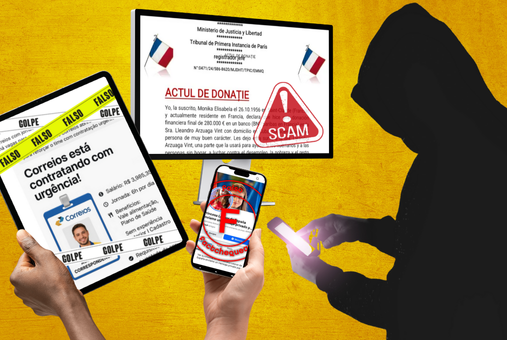
Disinformation experts from Brazil, Mexico and the U.S. explain why journalists must join the fight and help their audiences prevent fraud.
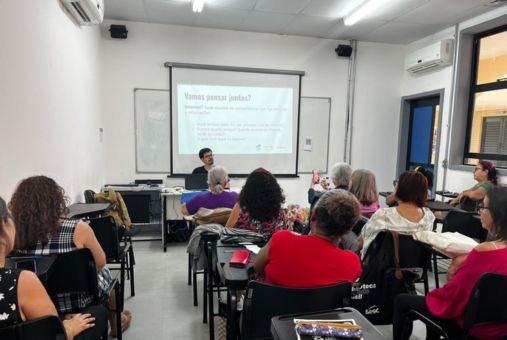
With online fraud on the rise, the fact checking outlet Agência Lupa and local partners are helping seniors navigate the digital world with confidence.

Factchequeado, a U.S. initiative from Chequeado and Maldita.es, is betting on projects that include an interactive course on WhatsApp and a bilingual guide for journalists, to try to shield Spanish-speaking communities in that country from misinformation ahead of presidential elections on Nov. 5.

In the midst of the infodemic, media and journalists are called to be a kind of guide for audiences. However, they sometimes still fall into unintentionally publishing false information. These errors make the need for spaces for reflection on the ethical principles of the profession, including its responsibility to audiences and democracy, even more urgent, according to ethics experts.
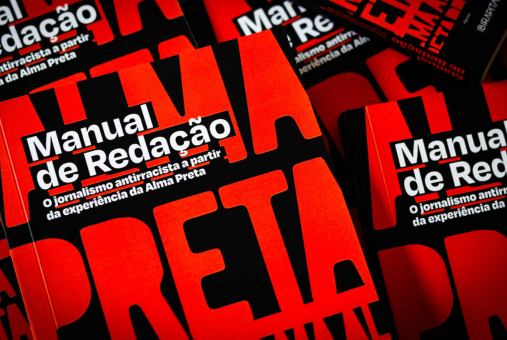
The Brazilian racial-focused outlet Alma Preta unveiled its first style guide after over three years of labor. Titled "Writing manual: Anti-racist journalism based on the Alma Preta experience," it encapsulates the outlet's journalistic ethos, from news value criteria to anti-racist angles and stylistic recommendations.
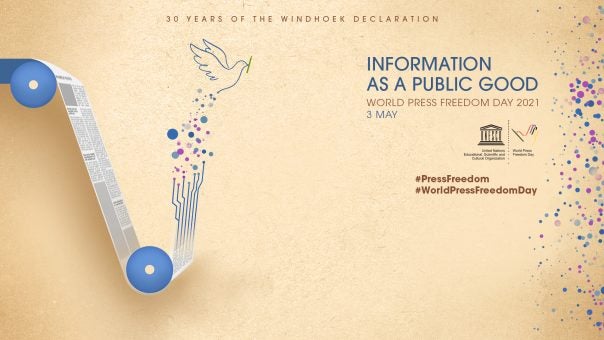
LatAm Journalism Review spoke with UNESCO Director General Audrey Azoulay about advances in recent years, the situation for journalists on the American continent and the organization’s alliance with the Knight Center in seeking to strengthen journalism and reporting.
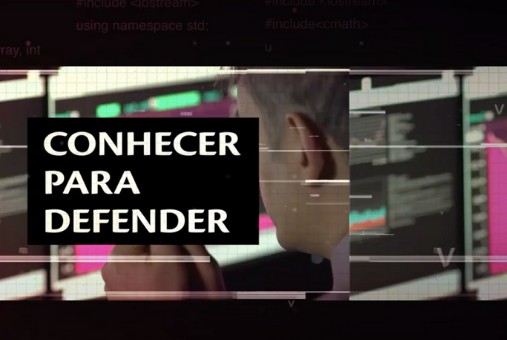
In the face of attacks on journalists and attempts to discredit the press, Instituto Palavra Aberta launched a web series to explain to the lay public how journalism works.
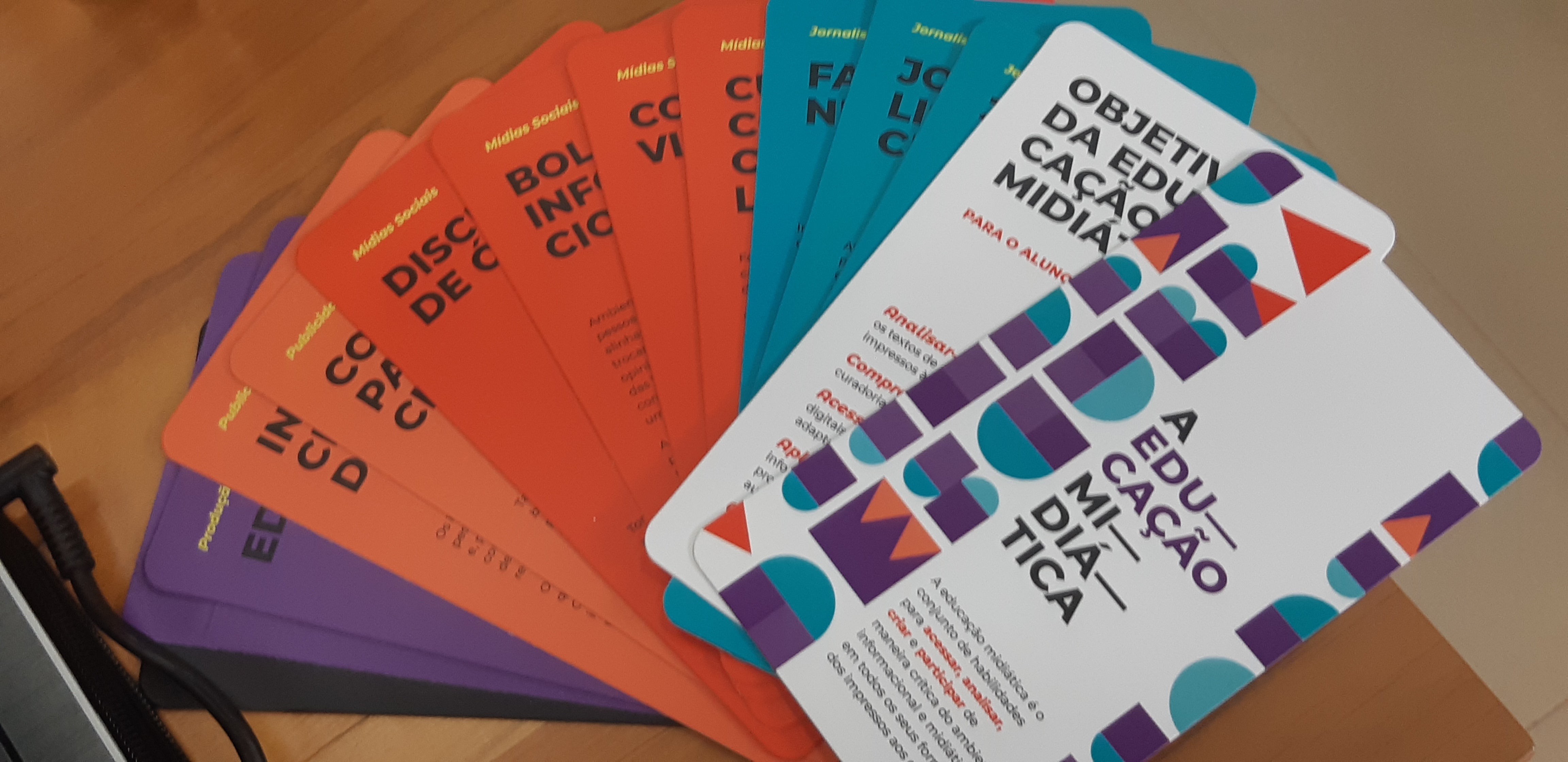
Brazilian media literacy and anti-disinformation projects decided to leave newsrooms and seek allies outside the journalistic bubble, with courses for digital influencers, teachers and students, employees of the Judiciary and companies in the most varied sectors, from banks to health plans. Many of these projects, which have emerged in recent years, start from the basis […]